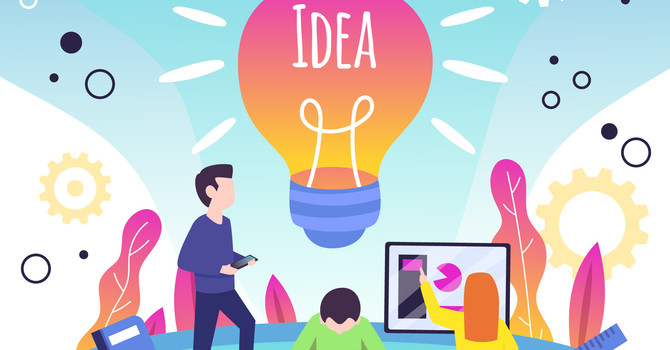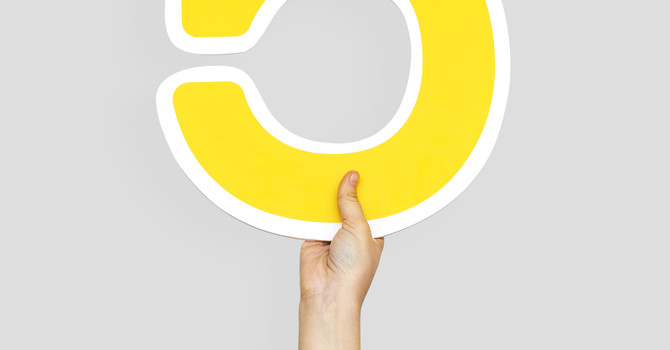
The good news? Anxiety is treatable. A wide range of psychological and medical interventions can significantly reduce symptoms and improve quality of life. Finding the right approach may take time, but there is hope.
1. Cognitive-Behavioral Therapy (CBT): CBT is the gold standard for treating anxiety. It helps individuals identify, challenge, and replace unhelpful thoughts and behaviours. Clients learn how to test anxious predictions, build coping skills, and gradually face feared situations through exposure.
2. Acceptance and Commitment Therapy (ACT): ACT encourages people to accept difficult internal experiences (like anxious thoughts) without trying to eliminate them. Instead, the focus is on moving toward a meaningful life by identifying personal values and committing to aligned actions.
3. Internal Family Systems (IFS): IFS is a powerful therapy model that views the mind as made up of different "parts" (like an inner critic, a worried part, or a protector). By working with these parts compassionately, we can heal inner wounds and reduce internal conflict, which often eases anxiety.
4. Mindfulness and Meditation: Mindfulness trains our awareness to rest in the present moment rather than spiralling into worry about the future. Regular practice has been shown to lower cortisol levels and improve emotion regulation.
5. Medication: In some cases, medication can be an important part of treatment. SSRIs, SNRIs, and other anti-anxiety medications can help regulate brain chemistry. Medication is not a failure—it's a tool, and for many people, it can be life-changing.
6. Lifestyle Factors: Sometimes the basics make a huge difference:
-
Get enough sleep. Anxiety is worse when we’re exhausted.
-
Move your body. Exercise helps reduce stress hormones.
-
Eat regularly and stay hydrated.
-
Limit stimulants like caffeine and alcohol, which can increase anxiety.
Reflection: What small change could you try this week to support your mental health?
.JPEG)
.JPEG)





